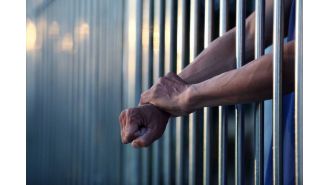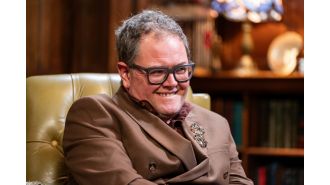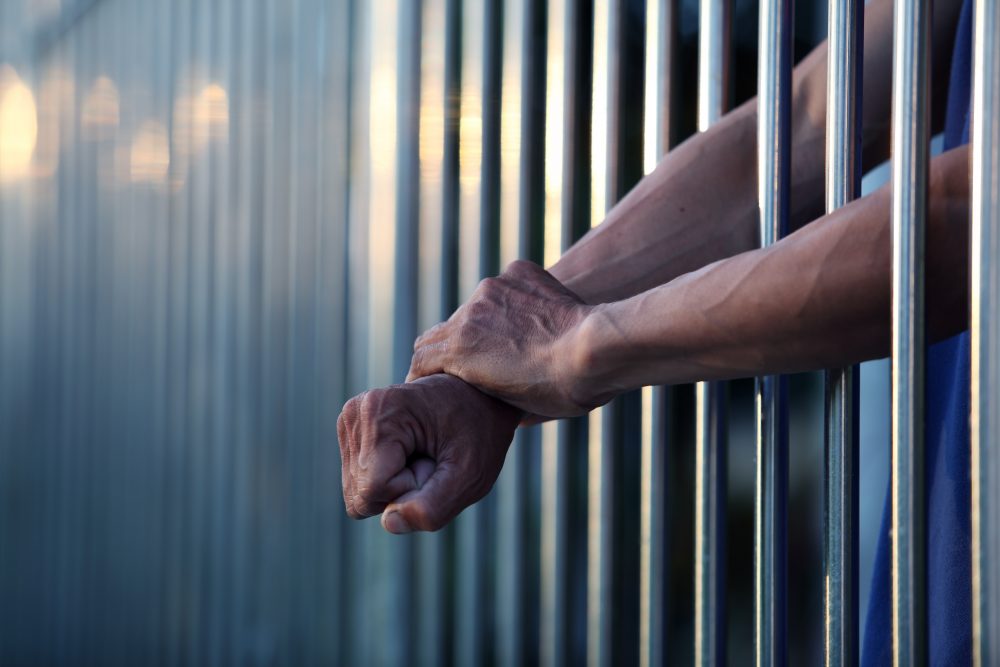Mayor Johnson's 2025 budget battle suggests a tougher financial outlook in 2026.
City officials are divided over Mayor Brandon Johnson's 2025 budget, with some warning that the issues faced in the past few months could be dwarfed by those in the upcoming one.

In a recent City Council meeting, one topic seemed to overshadow all others in the minds of the aldermen: the 2026 budget. Despite Mayor Brandon Johnson's victory in passing the 2025 spending plan, concerns were raised about the potential challenges and problems that may arise with the next budget cycle. These concerns stem from the lack of long-term solutions provided by the mayor for the structural issues in Chicago's finances, as well as the concurrent fiscal crises in Chicago Public Schools and the Chicago Transit Authority.
Adding to the worries is the slim possibility of new revenue streams from the state in the next year, despite the mayor's repeated hopes for "progressive" taxes. This has caused much uncertainty and anxiety among council members, who fear the pressure and backlash they may face as the 2027 election draws closer. The mayor's attempted solutions, such as a property tax hike, have been met with resistance and may prove to be even more controversial in the future.
When questioned about his backup plan should progressive revenue not materialize in time for the 2026 budget, Mayor Johnson remained optimistic and urged everyone to focus on the goal. He also refused to rule out the possibility of a future property tax hike, despite it being rejected by aldermen. Instead, he emphasized the need for a positive mindset and standing up against the interests of the ultrarich who have neglected the people of Chicago for too long.
The mayor has repeatedly stated that it is up to the state to provide ways to make the wealthy pay more in order to fill the city's budget gap. He has also claimed to be in regular discussions with Governor Pritzker to come up with progressive revenue ideas. However, a source close to the governor has stated that these discussions have not been occurring. This could be a way for the mayor to deflect blame in case he has to resort to unpopular measures like property tax hikes to close the deficit.
Alderman Scott Waguespack, who often disagrees with Mayor Johnson, called his insistence on progressive revenue a "trope" and criticized his approach of spending all available funds and leaving future problems for someone else to deal with. Despite the city's current stable condition, other aldermen have warned that the city could easily end up in "intensive care" if they do not take more aggressive measures, such as seeking help from the state and making difficult decisions like cutting vacant jobs.
In an effort to find new revenue streams, Alderman William Hall, who leads the City Council's Revenue Subcommittee, suggested ideas such as hemp products, video gambling, and a restored grocery tax. However, these may not be enough to avoid a potential property tax increase in the future. This decision will be especially difficult for aldermen who will be facing reelection in just over a year and fear the potential backlash from voters.
The looming threat of a downgrade due to a lack of long-term pension reform and structural budget solutions has put even more pressure on the city. This not only affects the city's reputation but also increases the cost of borrowing money for important projects like Mayor Johnson's housing and development bond. It is clear that the city must work together with the state to find sustainable solutions and cannot continue living beyond its means.
As the city council convened to discuss Mayor Brandon Johnson's budget for the upcoming year, one topic seemed to be on everyone's mind: 2026. Despite ultimately securing a narrow victory for his $17.1 billion spending plan for 2025, both supporters and opponents of the budget expressed concern about the challenges that lay ahead with the next one.
One major source of worry for council members is the lack of long-term solutions provided by Mayor Johnson for the structural issues in Chicago's finances. The city is also facing fiscal crises in its public schools and transit authority, and there is little hope for new revenue from the state in the near future, despite the mayor's repeated promises of "progressive" taxes. This has left many questioning the sustainability of the budget and the potential for further chaos and delays in the future.
Adding to the pressure is the looming 2027 election, which will undoubtedly affect the decisions made by Johnson and the council. With options like a property tax hike or city workforce cuts becoming increasingly controversial, the mayor was asked about his "Plan B" should the promised progressive revenue not materialize in time for the 2026 budget cycle. However, he remained optimistic and refused to entertain an alarmist view of the future, urging everyone to focus on the positive.
Johnson has repeatedly stated that the responsibility for finding new sources of revenue falls on the state, but it seems that the collaboration between his administration and Governor Pritzker's has been lacking. Despite the mayor's claims of regular discussions, a source close to the governor expressed confusion and stated that meaningful conversations have not been happening.
This strategy of passing the buck to the state could be a way for the mayor to deflect blame if he is forced to resort to unpopular measures like property taxes. However, as voters tend to remember the officials who vote for painful increases, Governor Pritzker would likely fight any attempt to make him responsible for Chicago's financial woes.
When asked about the likelihood of the state providing assistance in the 2026 budget, the mayor's budget director, Annette Guzman, acknowledged that big solutions will be needed to resolve the state's own budget shortfall, and the city may benefit from this. But Alderman Scott Waguespack criticized the mayor's reliance on the idea of progressive revenue, calling it "bull----" and accusing him of simply spending all available funds and leaving future generations to deal with the consequences.
Despite the current stability of the city, Alderman William Hall warned that without aggressive action at the state level and potential cuts to vacant jobs, Chicago could quickly end up in "intensive care." As the head of the City Council's Revenue Subcommittee, Hall suggested exploring new revenue streams such as hemp products, video gambling, and a restored grocery tax.
With many of the easier budget-balancing options already exhausted this year, a property tax hike may be necessary in the future. However, with the next budget falling just over a year before the aldermen's reelection, there is a fear of voter backlash and a reluctance to take such a drastic step.
The city's financial woes are not new, and the threat of a downgrade due to the lack of structural solutions has been looming for some time. A downgrade would not only damage the city's reputation but also increase the cost of borrowing money for important long-term projects, such as Johnson's housing and development bond.
As the city continues to grapple with these challenges, it is clear that a collaborative effort between Chicago and the state is necessary to find sustainable solutions for its finances. Whether it be through progressive taxes or other means, the city must find a way to balance its budget without burdening its citizens. And as the 2026 budget cycle approaches, the pressure will only intensify for Mayor Johnson and the City Council to find a viable long-term solution.
2 Views










